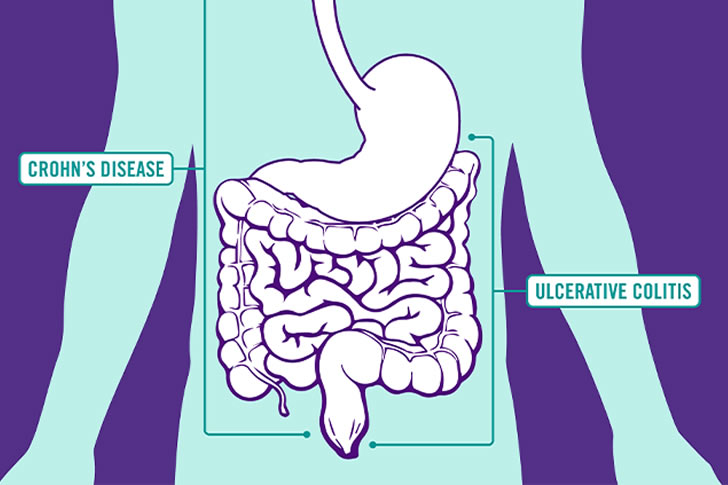Home
>
Life
>
Managing Ulcerative Colitis: Treatment Options and Lifestyle Tips
Managing Ulcerative Colitis: Treatment Options and Lifestyle Tips
Ulcerative Colitis, a chronic inflammatory bowel disease, necessitates careful management through medical treatment and lifestyle modifications.

Understanding Ulcerative Colitis
Ulcerative colitis (UC) is a type of inflammatory bowel disease (IBD) that causes long-lasting inflammation and ulcers in the digestive tract. Primarily affecting the innervery lining of the large intestine (colon) and rectum, it manifests through various symptoms including diarrhea, abdominal pain, and rectal bleeding. UC can significantly impact a person's quality of life, thus understanding its treatment options and necessary lifestyle changes is crucial.
Treatment Options for Ulcerative Colitis
Treating ulcerative colitis often involves a combination of medication, lifestyle changes, and sometimes surgery, depending on the severity of the condition.
Medication
These are typically the first line of defense in treating mild to moderate UC. They work by reducing inflammation in the lining of the intestines.-
Used for short-term flares, corticosteroids like prednisone work by suppressing the immune system to reduce inflammation. However, they have significant side effects and are not suitable for good use. -
These medications, including azathioprine and 6-mercaptopurine, help to reduce inflammation by suppressing the immune system, often used if 5-ASAs are ineffective. -
Targeting specific inflammatory pathways, biologics such as infliximab and adalimumab are used for moderate to severe UC or when other treatments have failed. -
These are a newer option for UC treatment, blocking certain enzymes involved in the immune response to reduce inflammation. -
In severe cases where medication fails, surgical options like colectomy (removal of the colon) may be necessary.
Lifestyle Tips for Living with Ulcerative Colitis
While medications are essential for managing ulcerative colitis, certain lifestyle adjustments can help alleviate symptoms and improve overall well-being.
Diet and Nutrition
-
Focus on a diet that is rich in fruits, vegetables, lean protein, and whole grains. Consult with a dietitian to create a meal plan that meets your nutritional needs. -
Identify and eliminate foods that exacerbate your symptoms. Common offenders include high-fiber foods, dairy products, and spicy foods. -
Drink plenty of water to stay hydrated, especially important if experiencing diarrhea. -
Eating smaller, more frequent meals can be easier on the digestive system than three large meals a day.
Stress Management
-
Practices like mindfulness and meditation can help manage stress, which may exacerbate UC symptoms. -
Regular, moderate exercise can help reduce stress and improve overall health. Activities like walking, cycling, and yoga are often beneficial. -
Ensure you get enough quality sleep to help your body heal and manage stress more effectively.
Monitoring and Regular Check-ups
Regular monitoring and consultations with your healthcare provider are essential in managing ulcerative colitis effectively.
-
Adhere strictly to prescribed medication regimens and dietary plans to manage the disease effectively. -
Patients with UC have an increased risk of colon cancer, making regular screenings like colonoscopies important. -
Documenting symptoms, diet, and stress levels can help identify triggers and improve disease management.
Conclusion
Managing ulcerative colitis involves a combination of appropriate treatments and lifestyle modifications. By understanding the disease and making necessary changes to your diet, stress management, and daily habits, you can lead a healthier, more comfortable life. Remember to work closely with healthcare professionals to tailor a management plan suitable to your needs and to ensure regular monitoring of your condition.



